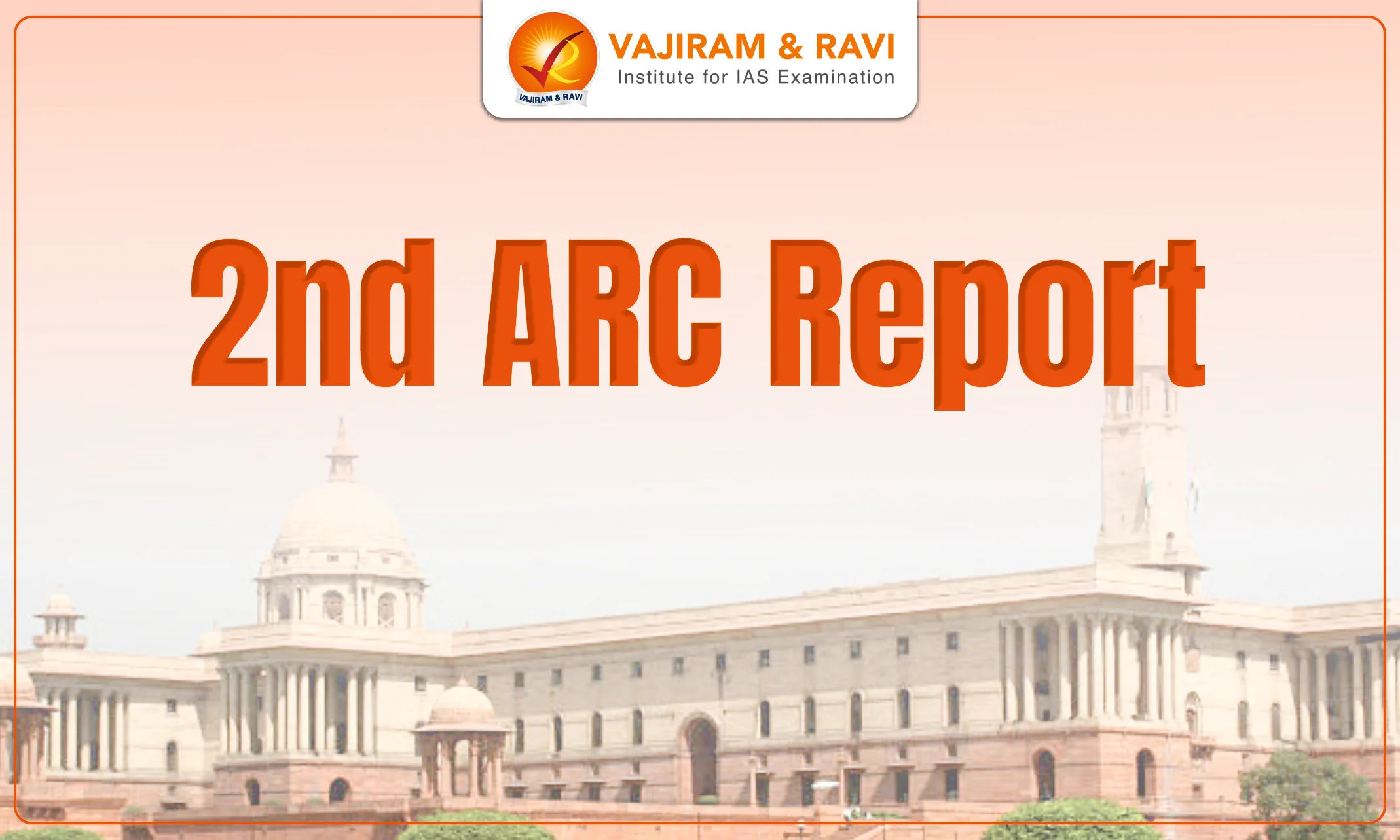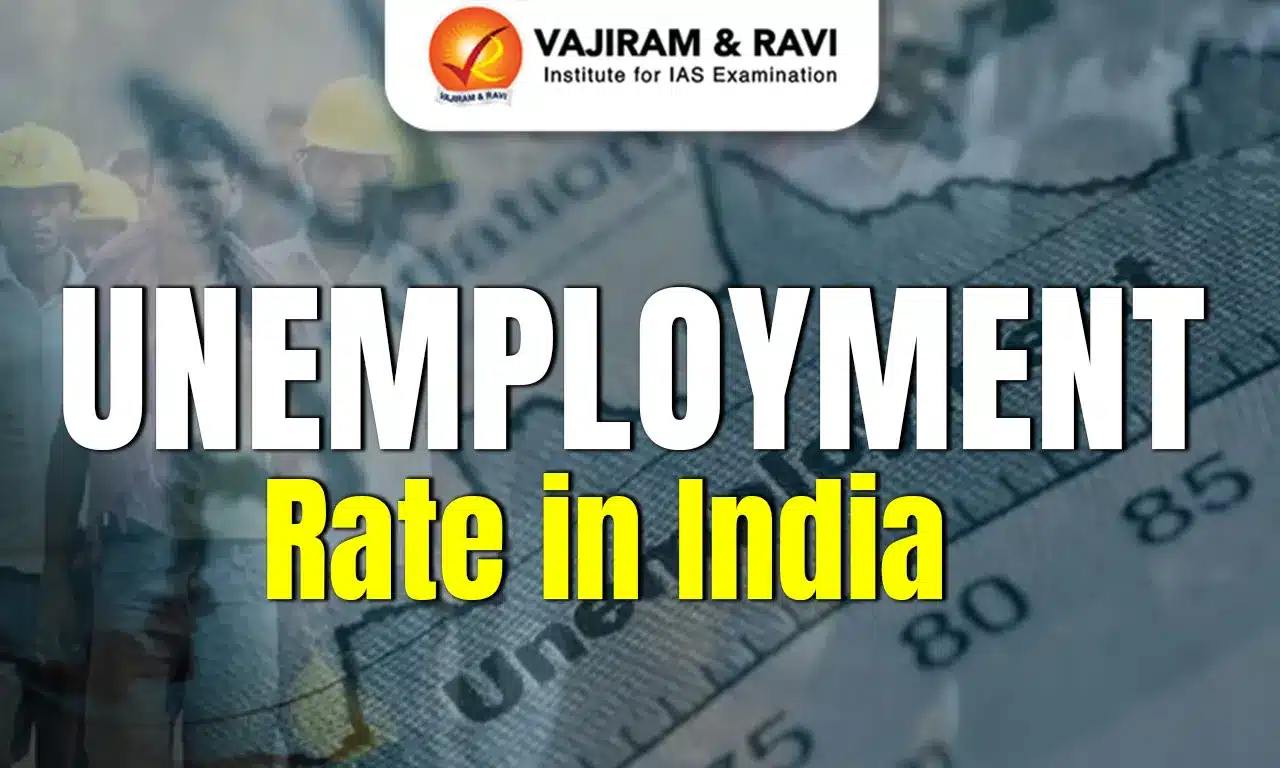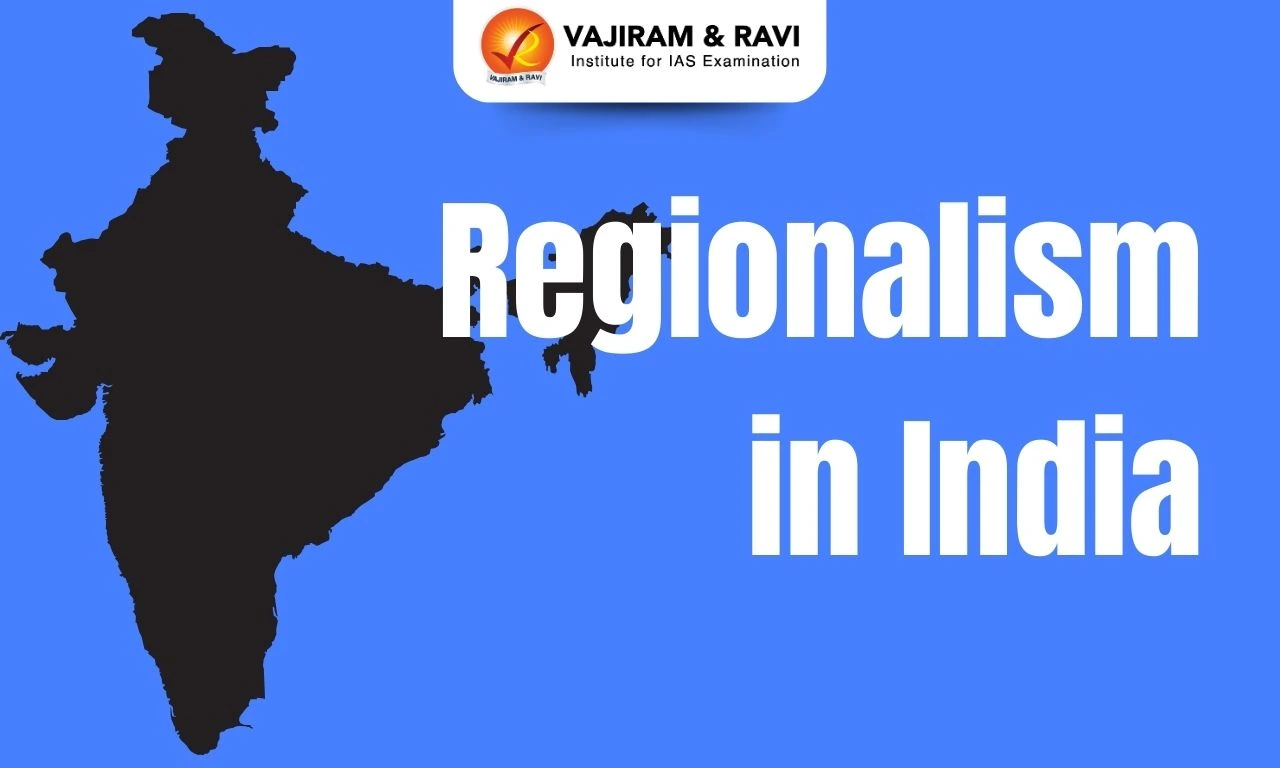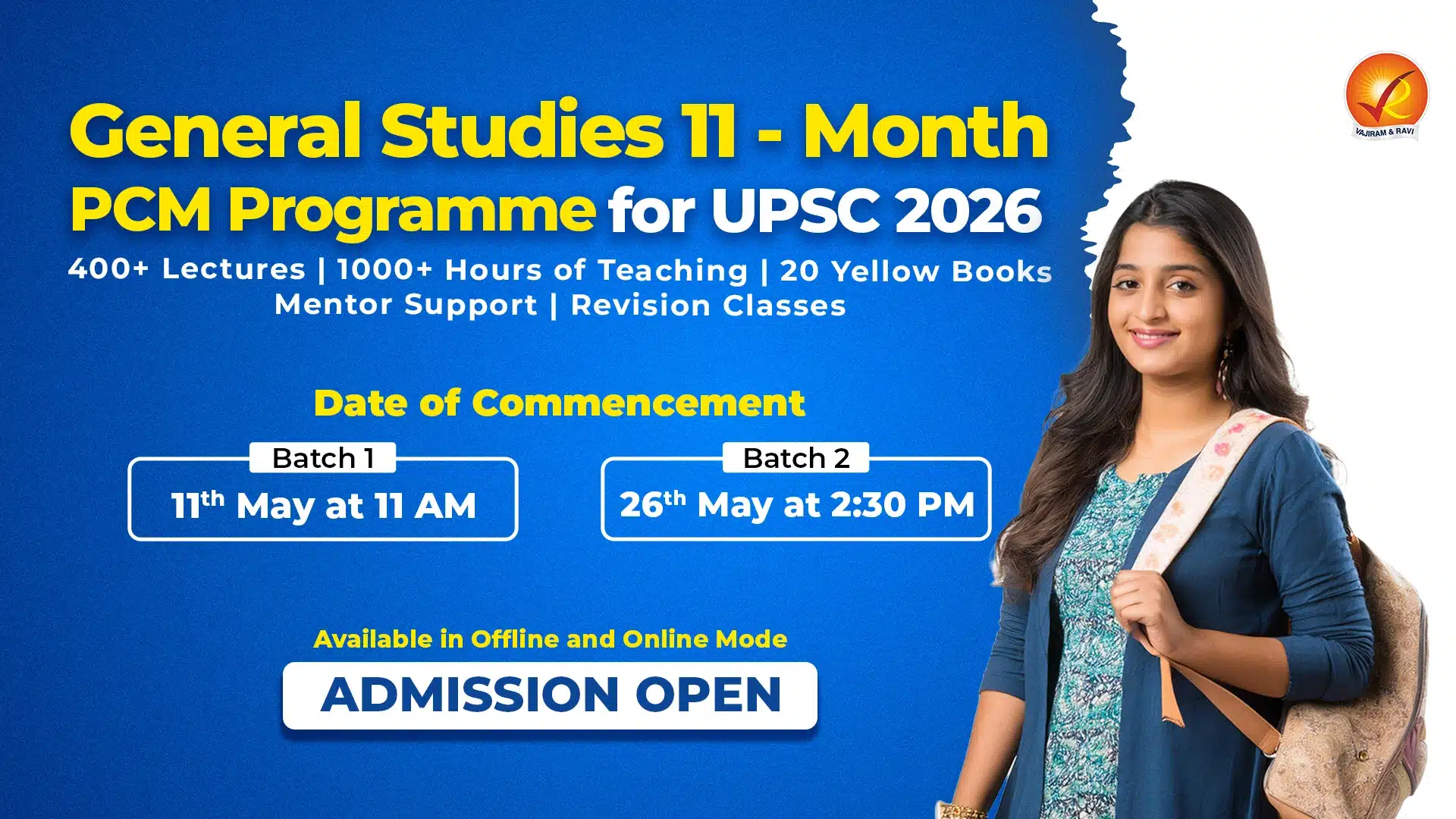The Second Administrative Reforms Commission (2nd ARC) was established on 31 August 2005 to revamp India’s public administration system. Under the chairmanship of Veerappa Moily, the commission comprised experts like V. Ramachandran and Dr. A.P. Mukherjee. Operational from 2006 to 2009, it published 15 comprehensive reports addressing diverse governance issues, including ethics, e-governance, crisis management, and local governance.
Key recommendations included enhancing the Right to Information (RTI) Act, strengthening disaster management, promoting a citizen-centric administration, and improving the efficiency of civil services. These reports remain vital references for public policy and civil service aspirants.
2nd ARC Report Overview
The Second Administrative Reforms Commission (2nd ARC), established on 31 August 2005, aimed to overhaul India’s public administrative framework to enhance efficiency, transparency, and accountability.
- It was chaired by Veerappa Moily and comprised V. Ramachandran, Dr A.P. Mukherjee, Dr A.H. Kalro, Dr Jayaprakash Narayan as members, and Smt. Vineeta Rai as the Member Secretary.
- Operational from 2006 to 2009, it produced 15 detailed reports addressing critical areas like ethics in governance, local administration, crisis management, and e-governance, serving as key references for policymakers and civil service aspirants.
2nd ARC Reports and Recommendations
The Second Administrative Reforms Commission (2nd ARC), established in 2005, submitted 15 reports between 2006 and 2009, offering recommendations to revamp public administration and enhance governance efficiency, transparency, and accountability in India.
- Right to Information – Master Key to Good Governance: Emphasized the importance of the Right to Information (RTI) Act in promoting transparency.
- Recommended measures to strengthen the implementation of RTI.
- Unlocking Human Capital: Suggested reforms in education and training for civil servants. Proposed a framework for performance-based evaluation.
- Crisis Management: Recommended establishing a National Disaster Management Authority (NDMA).
- Focused on improving disaster preparedness and response mechanisms.
- Ethics in Governance: Proposed a code of ethics for public officials.
- Suggested mechanisms for accountability and grievance redressal.
- Public Order: Addressed issues related to law enforcement and public safety.
- Recommended reforms to enhance police accountability and efficiency.
- Local Governance: Advocated for strengthening local self-governments (Panchayati Raj Institutions). Suggested measures for enhancing citizen participation in local governance.
- Capacity Building for Conflict Resolution: Emphasized the need for capacity building in conflict resolution. Recommended establishing frameworks for inter-state cooperation.
- Combating Terrorism: Suggested a multi-faceted approach to counter-terrorism.
- Focused on community engagement and intelligence sharing.
- Social Capital: A Shared Destiny: Highlighted the role of social capital in governance.
- Recommended fostering community networks for better governance.
- Refurbishing Personnel Administration & Scaling New Heights: Suggested reforms in recruitment, training, and performance appraisal of civil servants.
- Proposed the establishment of a National Institute of Public Administration.
- Promoting E-Governance: Advocated for leveraging technology to improve service delivery.
- Recommended frameworks for integrating e-governance into administrative processes.
- Citizen-Centric Administration: Emphasized the need for a citizen-centric approach in governance.
- Suggested reforms to enhance accessibility and responsiveness of services.
- Organizational Structure of Government of India: Recommended restructuring government departments for better efficiency.
- Advocated for flatter organizational structures to reduce bureaucratic delays.
- Strengthening Financial Management Systems: Proposed reforms to enhance transparency and accountability in public financial management.
- Suggested performance budgeting as a tool for effective resource allocation.
- State and District Administration: Focused on improving administrative efficiency at state and district levels.
- Recommended decentralization of powers to enhance local governance.
2nd ARC Report Download Links
The 2nd ARC produced a total of 15 reports, each addressing critical aspects of governance and public administration in India. The list of the reports along with the respective titles and download links are as follows:
| Report | Title | Download Link |
| 1st Report | Right to Information: Master Key to Good Governance | Download |
| 2nd Report | Unlocking Human Capital: Entitlements and Governance | Download |
| 3rd Report | Crisis Management: From Despair to Hope | Download |
| 4th Report | Ethics in Governance | Download |
| 5th Report | Public Order | Download |
| 6th Report | Local Governance: An Inspiring Journey into the Future | Download |
| 7th Report | Capacity Building for Conflict Resolution: Friction to Fusion | Download |
| 8th Report | Combating Terrorism: Protecting by Righteousness | Download |
| 9th Report | Social Capital: A Shared Destiny | Download |
| 10th Report | Refurbishing Personnel Administration & Scaling New Heights | Download |
| 11th Report | Promoting E-Governance: The Smart Way Forward | Download |
| 12th Report | Citizen-Centric Administration: The Heart of Governance | Download |
| 13th Report | Organizational Structure of Government of India | Download |
| 14th Report | Strengthening Financial Management Systems | Download |
| 15th Report | State and District Administration | Download |
| Summary | Reports of the Administrative Reforms Commission | Download |
Last updated on April, 2025
→ UPSC Notification 2025 was released on 22nd January 2025.
→ UPSC Calendar 2026 is released on 15th May, 2025.
→ The UPSC Vacancy 2025 were released 1129, out of which 979 were for UPSC CSE and remaining 150 are for UPSC IFoS.
→ UPSC Admit Card 2025 is released now for CSE Prelims Exam 2025.
→ The UPSC Prelims 2025 is scheduled to be conducted on 25th May 2025 and UPSC Mains 2025 will be conducted on 22nd August 2025.
→ Apply once through it and aspirants can apply for various government exams conducted by UPSC.
→ The UPSC Selection Process is of 3 stages-Prelims, Mains and Interview.
→ UPSC Result 2024 is released with latest UPSC Marksheet 2024. Check Now!
→ UPSC Toppers List 2024 is released now. Shakti Dubey is UPSC AIR 1 2024 Topper.
→ Also check Best IAS Coaching in Delhi
2nd ARC Report FAQs
Q1. What is 2nd ARC report?+
Q2. Who was the Chairman of 2nd ARC report?+
Q3. What is the 2nd ARC report on corruption?+
Q4. What is the full form of ARC?+
Q5. What is 2nd arc on AFSPA?+
Tags: 2nd arc report quest

















